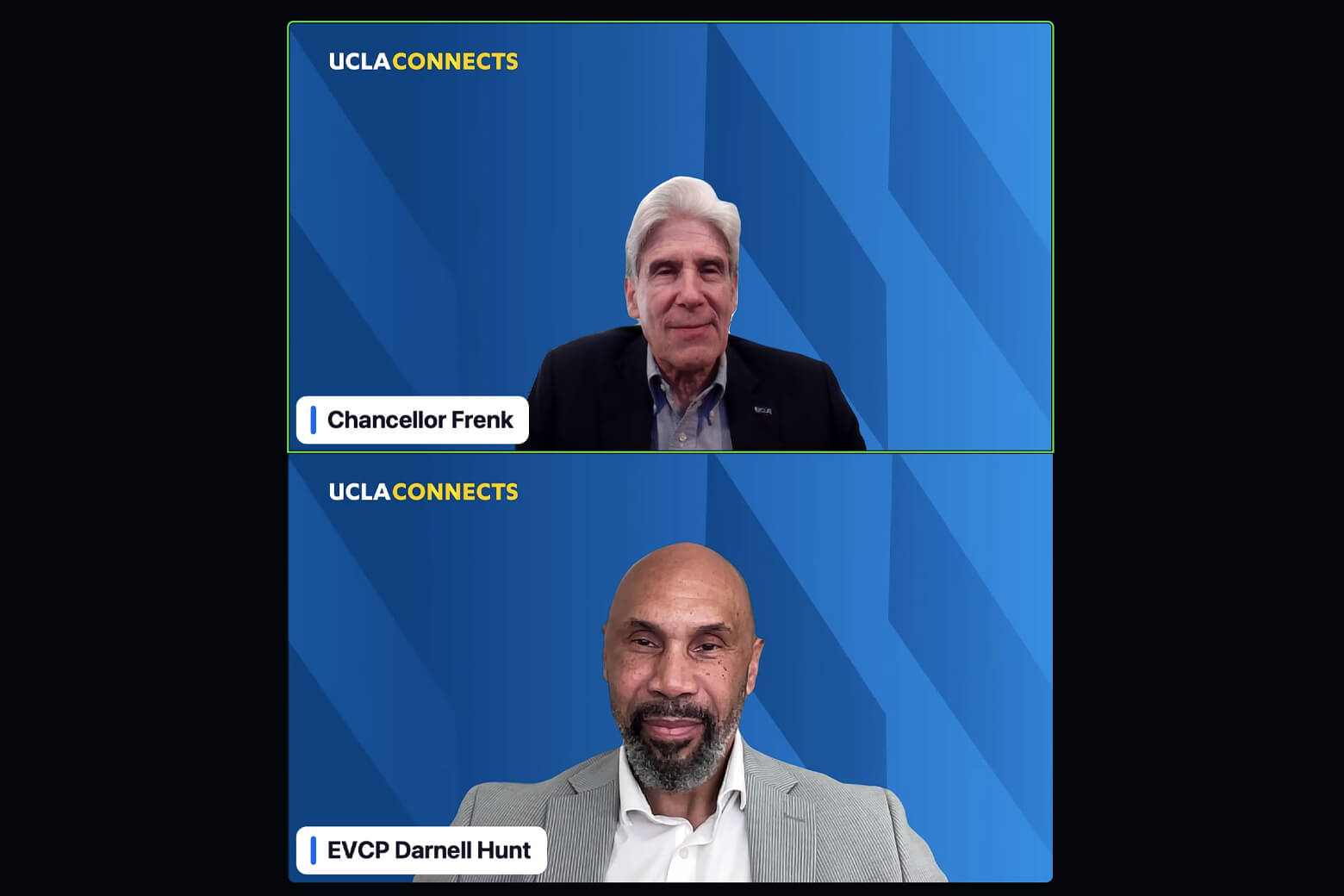Chancellor’s Office; Legal; Equity, Diversity and Inclusion (EDI); Academic Personnel; Office of the Executive Vice Chancellor and Provost; Teaching & Learning Center and Campus & Community Safety Listening Exercise

Attendees at the chancellor’s Listening Exercise with the chancellor’s office and other offices on May 12, 2025 engaged in a wide-ranging discussion encompassing several key themes. The importance of mentorship in fostering individual and institutional growth was highlighted, with the chancellor expressing strong support for mentorship programs.
Discussions also focused on the integration of AI into educational practices, emphasizing the need for ethical and effective implementation. The importance of inclusive excellence was underscored, with participants recognizing the value of diversity in strengthening teams and driving academic excellence. Regarding online education, attendees advocated for high-quality education characterized by active, interactive, and personalized learning experiences, coupled with continuous feedback.
Other speakers emphasized the need for a cultural shift in higher education, prioritizing education alongside research. The evolving landscape of higher education was also explored, with topics such as scientific advancements, technological possibilities, the cognitive sciences, and the changing labor market garnering attention.
Finally, the crucial role of universities in leading technological and educational transformation was emphasized.
Themes
- Mentorship: The value of mentorship programs and their lasting impact on individuals was highlighted.
- AI Integration: There was discussion about embracing artificial intelligence in education, focusing on ethical and effective implementation.
- Inclusive Excellence: The importance of diversity and inclusive practices in creating strong teams and achieving excellence was emphasized.
- Online Education: The need for active, interactive, and personalized learning experiences with constant feedback was discussed.
- Cultural Change in Education: Some attendees maintained that research universities should prioritize education alongside research and demonstrate the broader societal impact of research.
- Focus Areas for Higher Education: Discussions centered on scientific advancements, technological possibilities, the cognitive sciences, and the evolving labor market as key areas of focus for higher education.
- Leading the Educational Revolution: Discussion focused on universities as crucial drivers of technological and educational transformation.
- Importance of Staff: The vital role of staff in supporting institutions and contributing to a larger purpose was discussed.
- Innovation: The importance of fostering innovation and creativity within the institution was a topic of discussion.
We want to hear from you!
Your voice is critical in shaping the future of our university.
